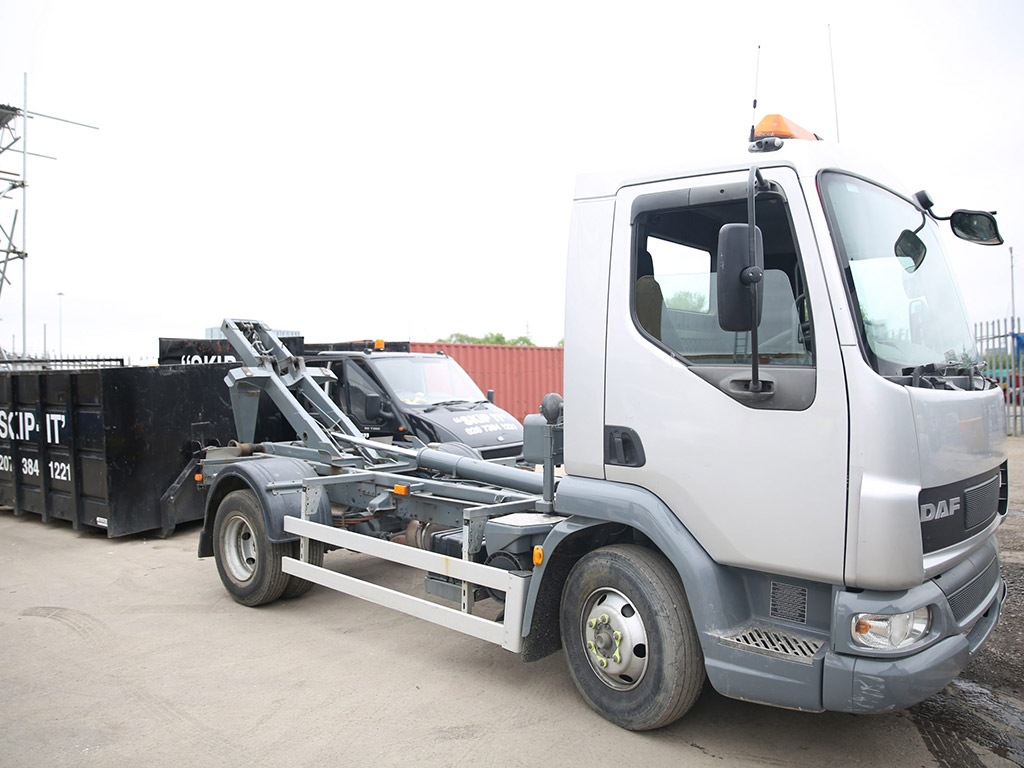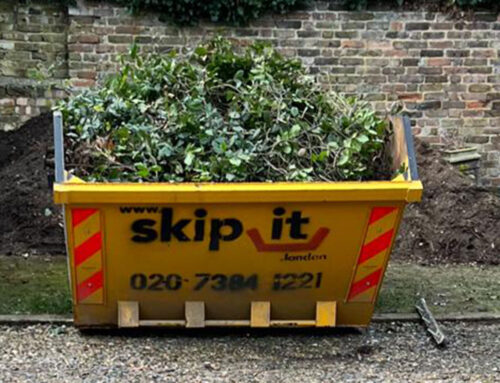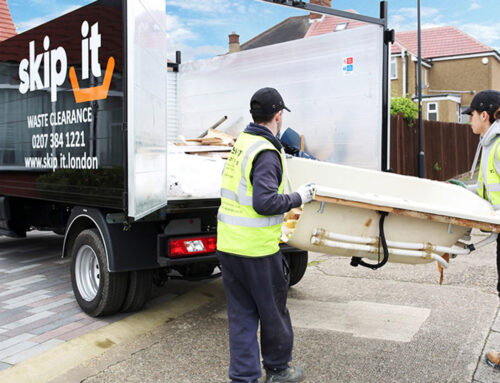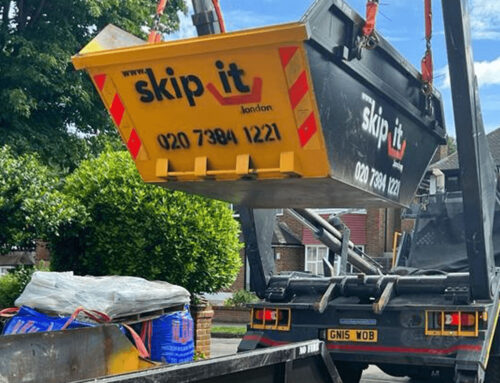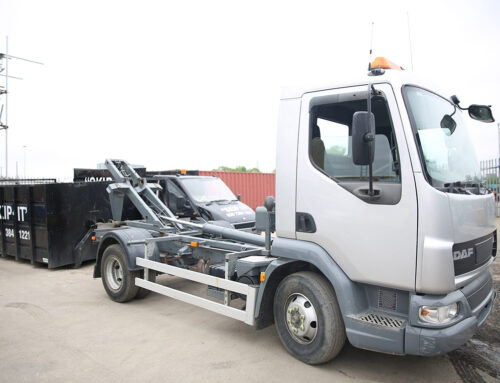4 Expert Skip Loading Tips
Efficient skip loading is crucial for both home and business waste management. Proper skip loading ensures safety and maximises waste capacity, making it cost-effective. This guide, brought to you by Surbiton Skip, will delve into advanced tips for skip loading and catering to home and business perspectives. Skip Hire Surbiton provides the same service quickly, with no hidden charges or Extra costs.
Part 2: Skip Loading for Home
2.1 Home Project Planning
- Planning is vital when hiring a skip for home projects. Choosing the Right skip size is essential to accommodate all waste without overspending. Additionally, consider the skip hire’s timing and placement for easy access and minimal disruption.
2.2 Efficient Loading Strategies for Household Waste
- It’s essential to load waste efficiently to maximise skip space at home. Segregating recyclable materials can save space and contribute to environmental sustainability. Surbiton Skip recommends stacking flat items at the bottom and filling gaps with more negligible waste.
2.3 Dealing with Specific Household Wastes
- Handling garden waste requires different considerations compared to general household waste. Composting organic waste where possible reduces skip space usage. Breaking them down like furniture can make loading more efficient.
Part 3: Skip Loading for Businesses
- 3.1 Commercial Waste Management Planning
Businesses need to evaluate their waste needs thoroughly. Different industries produce different types of waste, requiring specific skip sizes and scheduling. Regular waste audits can help in optimising waste management strategies.
3.2 Effective Loading for Different Business Sectors
- Retail, construction, and hospitality sectors have unique waste disposal needs. For example, construction sites might need larger skips for bulky waste, while retail businesses may require frequent skip collections due to packaging waste. Managing hazardous waste requires strict adherence to safety regulations.
3.3 Streamlining Business Waste Disposal
- Training staff in waste management is essential to reduce costs and improve efficiency in business waste disposal. Implementing sustainable practices like recycling can significantly reduce waste disposal costs.
Part 4: Advanced Loading Techniques
4.1 Innovative Loading Methods
- Maximising skip space utilisation involves innovative loading techniques. Tools like waste compactors can significantly increase the amount of waste a skip can hold. Loading heavier items first and lighter items on top can also enhance efficiency.
4.2 Overcoming Loading Challenges
- Due to size, shape, or weight, certain waste types pose loading challenges. Surbiton Skip suggests using machinery for heavy items and breaking down large or irregularly shaped items to ensure they fit neatly in the skip.
Part 5: Legal and Environmental Considerations
5.1 Compliance with Waste Disposal Laws
- Understanding and complying with local waste disposal laws, including skip permits and regulations, is essential. To avoid penalties, businesses and homeowners must ensure their waste disposal methods adhere to these laws.
5.2 Eco-Friendly Skip Loading
- Eco-friendly skip-loading involves promoting recycling and minimising landfill waste. To support environmental sustainability, Surbiton Skip encourages customers to segregate recyclable materials from general waste.
Summary
In summary, efficient skip-loading is vital for balancing waste management efficiency, safety, and legal compliance. Whether for home or business, these advanced tips provided by Surbiton Skip ensure that skip loading is done effectively, contributing to a cleaner and more sustainable environment.
